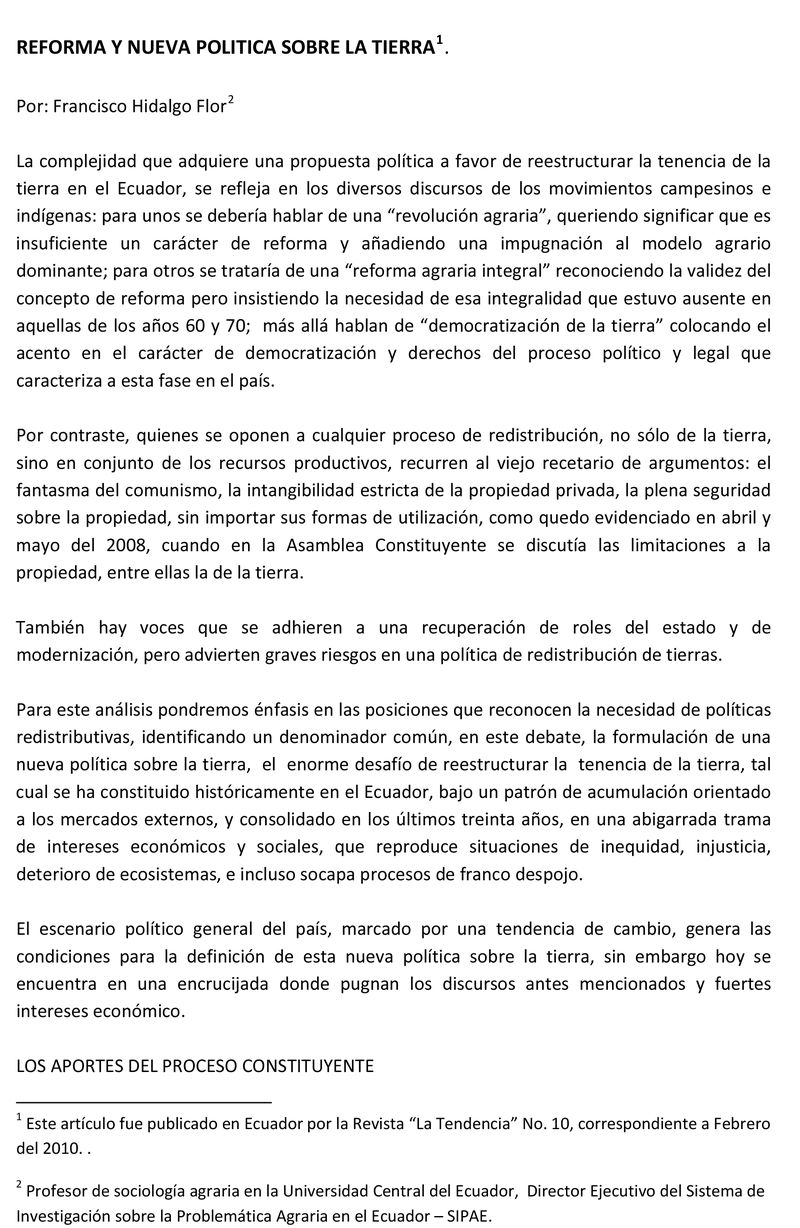Recognizing and Reducing Corruption Risks In Land Management in Vietnam
Corruption in land management from the perspective of a simple risk framework. These risk factors and forms of corruption spring from more general shortcomings in the integrity framework. In this regard, this report argues that corruption is most likely to occur when an official or office has a monopoly, when the official or office has a great deal of discretion over how the decision is taken, and when there is little accountability for that decision or transparency, which might make it harder for the corruption to proceed unabated.





